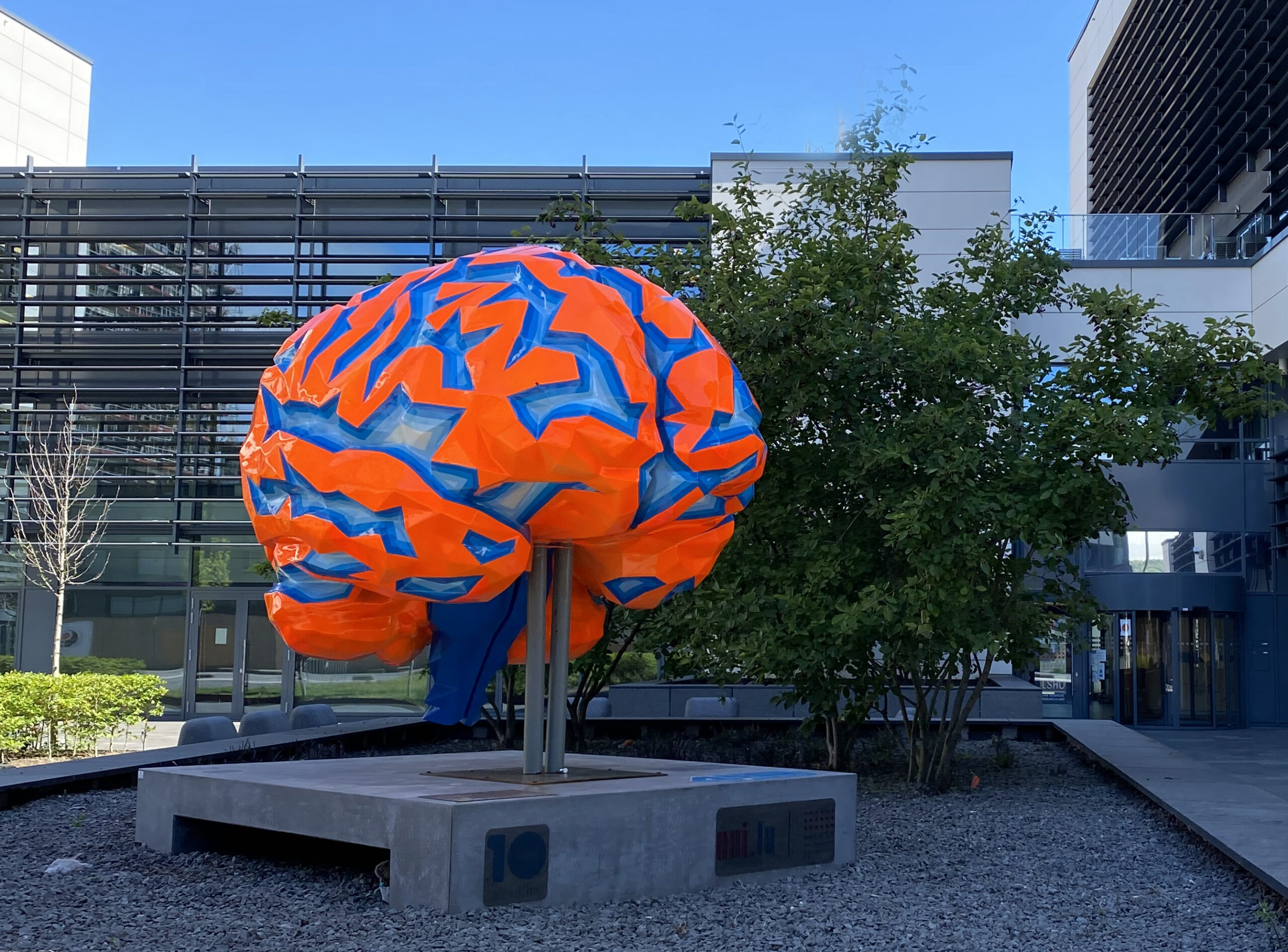Brain-Derived Tau Aggregated Polymorphs: Characterization and Biological Activity
Several neurodegenerative disorders are characterized by the aggregation of misfolded proteins, including amyloid-β (Aβ), α-synuclein (α-Syn), and TDP-43. The pathological aggregation of the microtubule-associated tau protein is implicated in a heterogeneous group of age-related diseases, collectively known as tauopathies that include progressive supranuclear palsy (PSP), dementia with Lewy bodies (DLB), Alzheimer’s disease (AD). Recent studies have shown that tau, like others amyloidogenic proteins Aβ and α-Syn, can form distinct insoluble fibrillar aggregates classified as strains, and soluble nonfibrillar aggregates-oligomers- believed to be the primary species. Many published studies used in vitro aggregates using recombinant proteins or peptide fragments. While methods for isolating and characterizing tau fibrils have been established and recently confirmed by many Cryo-EM structures, there is still a knowledge gap regarding the structural and biological characterization of smaller, more dynamic non-fibrillar tau polymorphs.
To address this gap, we isolated brain-derived tau oligomers (BDTOs) from brain tissues of Alzheimer’s disease (AD), dementia with Lewy bodies (DLB), and progressive
supranuclear palsy (PSP) patients. We characterized structures and morphologies of the BDTO strains and evaluated their seeding potency in vitro model. We also investigated the effect of these BDTOs on neuronal transmission and long-term potentiation (LTP) using electrophysiological approaches.
Our results indicate that BDTOs possess different structural and morphological features that impact neuronal transmission and LTP in a strain-specific manner. These findings suggest that the formation of distinct polymorphic tau oligomers may contribute to the development of multiple tauopathy phenotypes and shape the progression of \neurodegenerative diseases. These results may provide insight for developing tau polymorph-specific approaches.
About the speaker
Prof. Rakez Kayed is a distinguished professor and holds the John Sealy Chair for Parkinson’s Research at the Mitchell Center for Neurodegenerative Disorders at the University of Texas Medical Branch. Dr. Kayed’s research focuses on the mechanisms of protein misfolding and aggregation in neurodegenerative diseases. Dr. Kayed’s contributions have significantly advanced the understanding of the mechanisms of neurodegenerative pathogenesis of Alzheimer’s disease, Parkinson’s disease, and other neurological disorders. His laboratory has made important discoveries for the role of oligomers in synaptic dysfunction, cell death and disease progression and has developed novel amyloid-ß, α-synuclein and tau oligomer-specific antibodies.

